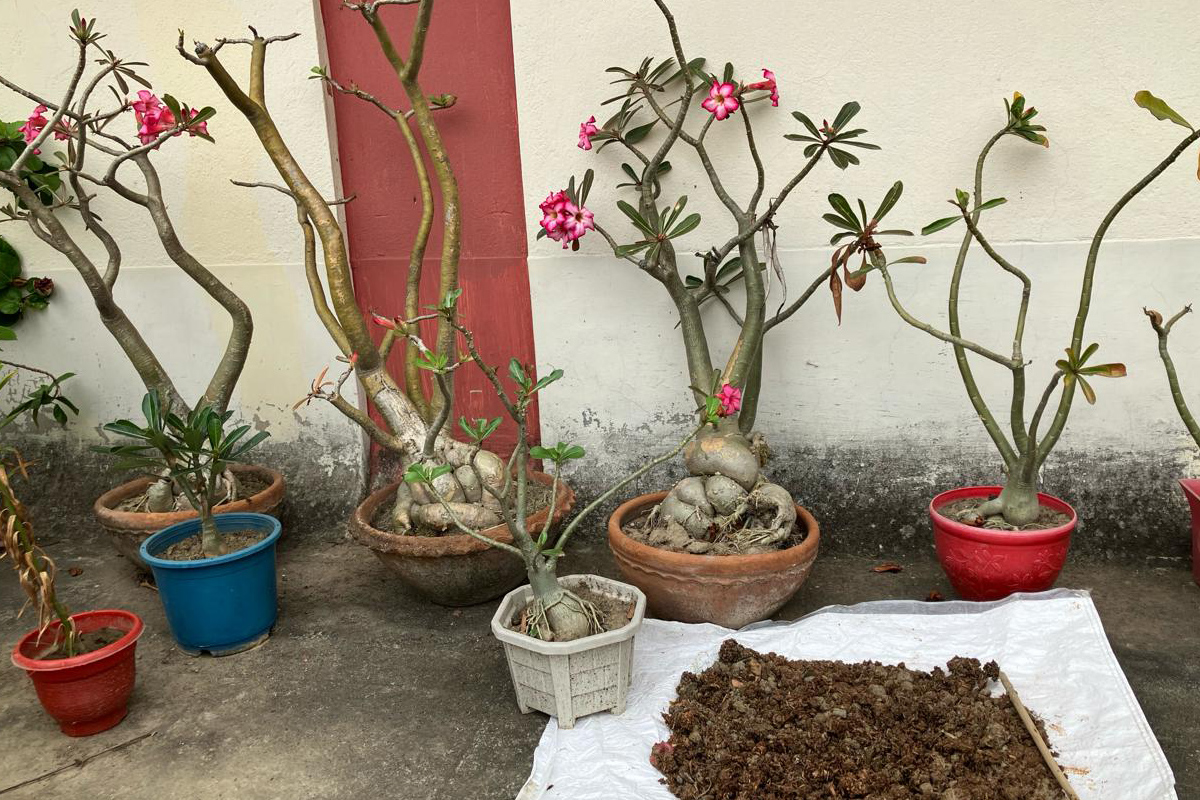Wait! Don’t chuck that banana peel into the trash can. And what exactly do you think you are doing with those orange rinds or those discarded lemon kernels, for that matter? Don’t just throw them in the bin! Save them. Store them with the rotten tomato and putrid potato pulp I had urged you not to get rid of. The fish bones, the egg shells—you get the drift. Yes, today we will discuss why garbage is gold.
But before that, some rumination. Why the spotlight should sometimes be shifted from the centre to the sidelines. Because intriguing revelations occur in the peripheries. Instead of following the winning team as the television news cameras invariably do after a game, for instance, the reporter looking for the real story ought to often chase individuals on the losing team to tap into the dynamics that determine ‘failure’. Failure is transient, as is success, and therefore the moment must be captured through the written word, the drawings and doodles, or the indelibility lurking in the lenses of the cameras.
Advertisement
Whatever the medium, train your torchlight to the nooks and crannies. The books are not on the bestseller list. The films that flopped at the box office perhaps. The people who don’t figure on Page 3. The poor, whose rich experience of struggling lives disappears into the oblivion of time, unwritten and undocumented. The old, whose expertise is belittled by forced retirement. Indeed, the fallen yellow leaf is no less beautiful than the green one that grew in place of it.
Therefore, let’s look away from the radiant red rose for a moment and glance at the ground below, where it grows. The strength of the soil is invisible but invincible. And interestingly, this power emerges from the discarded.
“One of the richest sources of soil strength is compost, which is a fertiliser prepared from organic waste,” say scientists. And guess what compost is made from? Garbage, of course.
So next time you take out the trash, think again. Perhaps you would do better to empty out the contents – comprising that banana peel, those orange and lemon rinds, that potato or tomato pulp, not to mention the fish bones and egg shells for extra protein—into a large container and put it to good use. “Creating compost is easy,” explains Dulal Mali, a gardener. “You just have to mix equal proportions of dry earth and organic waste and let them dissolve into each other.” He advises that the pot in which the mixture is kept, preferably clay, be covered and kept in the sun for a period of three months so as to give the organic waste time to disintegrate as well as minimise the stench of rotting vegetables. “Pretty soon you will have soil so strong you can grow anything, from flowers to fruits to vegetables,” says Dulal Mali.
So create that kitchen garden you have always wanted. Or if you don’t have a backyard and live in an apartment, why not decorate your balcony with potted plants? Don’t have a verandah? No problem.
Most have a roof over their heads, right? So head to the terrace and grow your garden right under the sun. And for those who don’t, this story is dedicated to you anyway. The open sky, the stars, the sun and the moon belong to you.
















